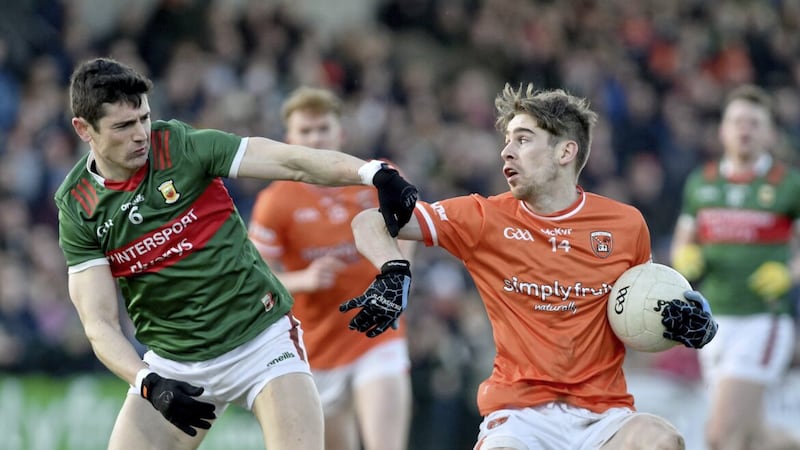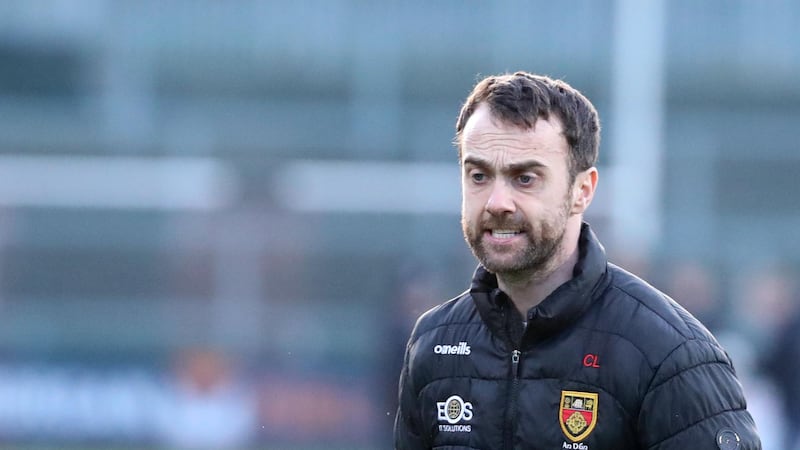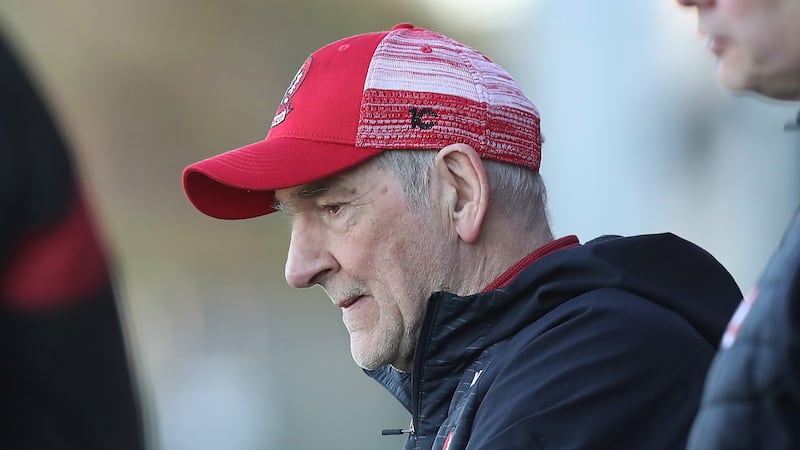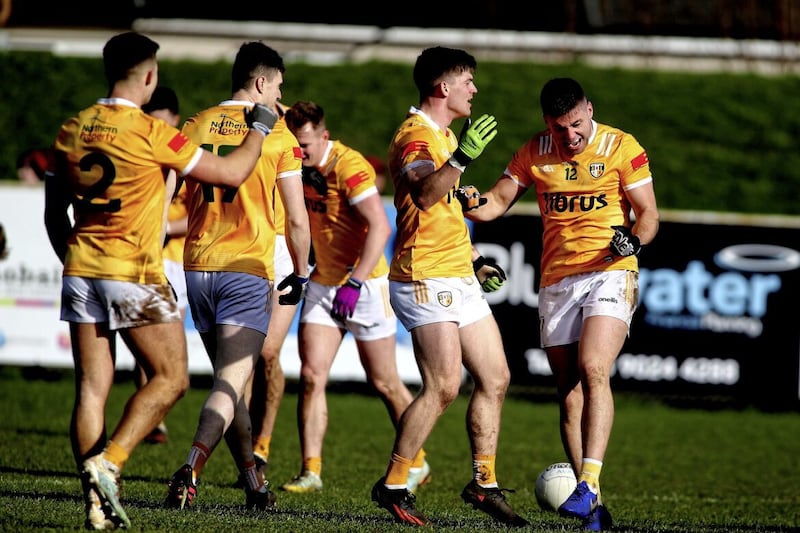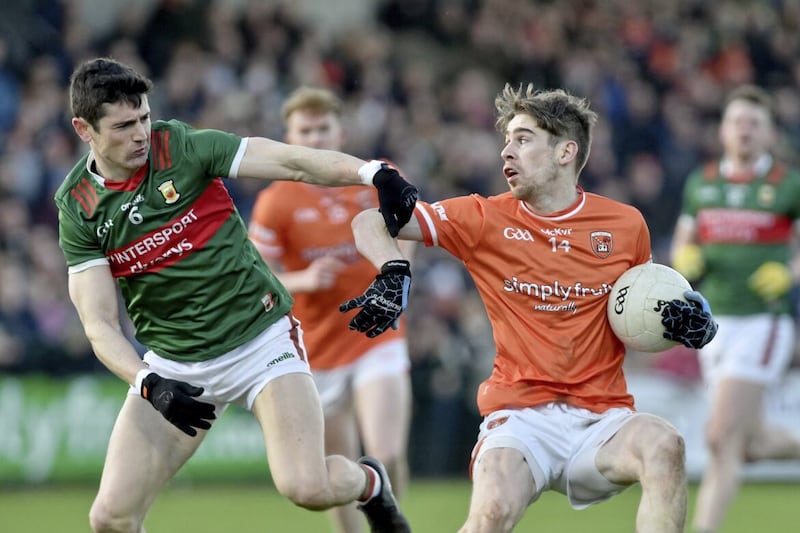I’M one of six coaches that look after a couple of U10s and U9s girls football teams. One of the hardest elements to coach the kids is restarts, or goal-kicks. The coaching of this important skill is not helped by a flaw in the rules that govern underage football.
In adult football, the opposition’s players must not enter the 18-yard box until the goalkeeper restarts the game. So, at least it means if a player accepts a short pass from the goalkeeper, they have time to control the ball, look up and pass it before they’re closed down.
In underage football, seven, eight and nine-year-old kids don’t have that luxury because the opposition are allowed to stand right on top of them, making short restarts nigh on impossible.
But, you see, everybody plays out from the back. If you don’t play out from the back, then you don’t understand the game. This is tactical hegemony.
No-one, however, addresses the flawed rule where a seven-year-old receives a short pass from the goalkeeper with not a yard of space to control the ball, never mind look up and hit a pass.
It’s mental stuff when you think about it.
What we try to do – because, don't forget, everybody plays out from the back these days – is place our technically better players in positions to accept the ‘keeper’s short pass.
But what you’re asking that kid to do is perform a miracle: beat a player on a sixpence and then find the next pass.
What invariably happens is that team can’t get out of their own half of the pitch as the opposition lays siege to their goal.
The first-pass-free rule for younger teams should be extended to older teams.
In a friendly game during the week, our goalkeeper decided to launch the ball forward out of her hands. No-one instructed her to do this, but she probably reasoned that the short restarts weren’t working.
She used her initiative. She thought for herself.
It meant the kids weren’t hemmed in their own half of the field and the pressure was relieved by our keeper’s long punts forward.
Short restarts and beating the high press have been the prevailing coaching template in football for several years now.
Of course, this only works if you have players with good technical ability and composure to make the template successful.
The crazy part is so many teams simply don’t have the technical expertise – the tools, in other words - but they still play out from the back (because, remember, everybody else is doing it) and one of two things inevitably happens: they make a mess of it and lose the ball – or they abort their attempts to play short and lump the ball forward after three panicky passes around their own box.
What might work for Man City mightn’t work for Accrington Stanley. And yet they’ll both try and play out from the back.
You look into your toolbox and you see what is possible to do and what mightn’t be possible. It’s the same with coaching.
In Gaelic football, you might identify certain subtleties and nuances from team to team, but generally the vast majority of them are playing the same way.
Possession is king. As a spectacle, Gaelic football is teetering on the brink again after it threatened to come into the light.
Games are pockmarked by long periods of meandering possession in their own half of the field before they enter heavily fortified enemy lines where they try and work the ball to one of their shooters.
Last Saturday night, in the Box-It Athletic Grounds, Galway didn’t score until the 26th minute through Johnny Heaney.
They held possession inside and outside Armagh’s ’45-metre line for over three-and-a-half minutes and on the 49th pass, Heaney took a chance and pointed.
Leaving the aesthetics of that three-and-a-half minutes of hand-passing aside, there must be a more effective, less labour-intensive way to score in Gaelic football.
Galway eventually won the game – and they can argue the end justifies the means.
For Armagh, the end is not justifying the means as they find themselves staring relegation in the face this weekend.
The Orchard men have embraced this new way of playing: exaggerated possession and risk-averse. It doesn’t suit them.
Yes, they have made defensive improvements - but they’re still at the wrong end of the table.
You look at the tools at Armagh’s disposal. They have two of the best ball winners in their attack: Rian O’Neill and Andrew Murnin.
That’s not to say you become predictable and hit diagonal balls to these two men all of the time – but to consistently resist this tactical option is hurting their own prospects.
Just because Derry have the possession game down to a fine art doesn’t mean it’ll work for others as well.
Armagh’s new way of playing isn’t working for them. What frustrated the Armagh management team against Galway was the lack of shots they got off.
“We had three shots dropped short and that’s a double whammy because it counts as a turnover and a missed shot,” Armagh assistant Kieran Donaghy said afterwards.
“We were two from eight in our shots in the second half which is not going to do. You would like to get more and get into double figures in shots-per-half at least.”
Football has changed since Kieran McGeeney managed Kildare in the years between 2008 and 2013.
But there are invaluable lessons from that team that would stand to this current Armagh side.
Kildare were care-free kickers of the ball.
James Kavanagh, Johnny Doyle, Eamonn Callaghan and Dermot Earley would always back themselves from 30 metres out. Boom. Boom. Boom. Some went over and some didn’t.
They would regularly shoot from long distances, but invariably the ball would go dead and, therefore, they weren’t susceptible to the counter-attack.
They were also very strong in the middle of the field to win possession back again.
The great thing about that exciting Kildare side was they weren’t inhibited when it came to shooting. They were clear-minded footballers.
Armagh currently aren’t. They look like a team that don’t know what they’re good at right now; how to play the percentages and when to shoot. They're over-thinking it and are tactically off balance.
They need to cut loose and simplify things.
They’ve got the defensive game now. And also the attackers.
The odd departure from the prevailing coaching norms of the day might actually suit this Armagh team.
